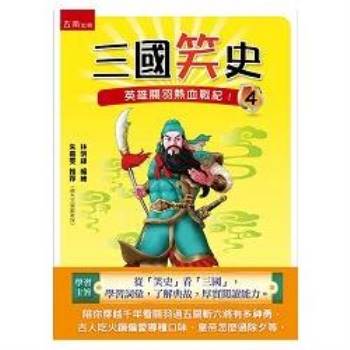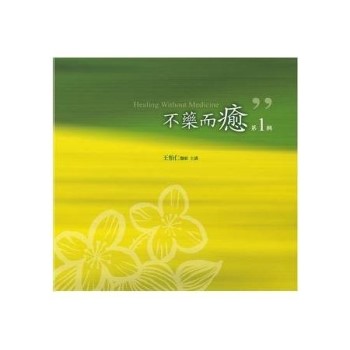Traditionally, gold and silver were considered stores of value. With the passage of time, new forms of wealth have emerged ranging from land and building to shares, bonds, fixed deposits, currencies, annuities, insurance policies, wallets, MF, PF, et al, with ownership in sole proprietorship concerns, partnership firms, private companies, public companies, trusts, and societies. This requires expertise in finance and accounting while applying principles of zakat for determining zakat liability accurately. The book "Zakat Practical Guide" is an exercise in calculating zakat liability on all types of wealth. Besides the basic concepts, the book contains a number of case studies for the calculation of the zakat of salaried persons, manufacturers, businessmen, professionals, investors, and agriculturists. Truly it is a practical guide.
| FindBook |
|
有 1 項符合
Mohammed Riyazuddin的圖書 |
 |
$ 1154 | Zakat Practical Guide
作者:Mohammed Riyazuddin 出版社:Blue Rose Publishers 出版日期:2011-07-01 語言:英文 規格:平裝 / 198頁 / 23.5 x 19.05 x 1.07 cm / 普通級/ 初版  看圖書介紹 看圖書介紹
|
|
|
圖書介紹 - 資料來源:博客來 評分:
圖書名稱:Zakat Practical Guide
|











